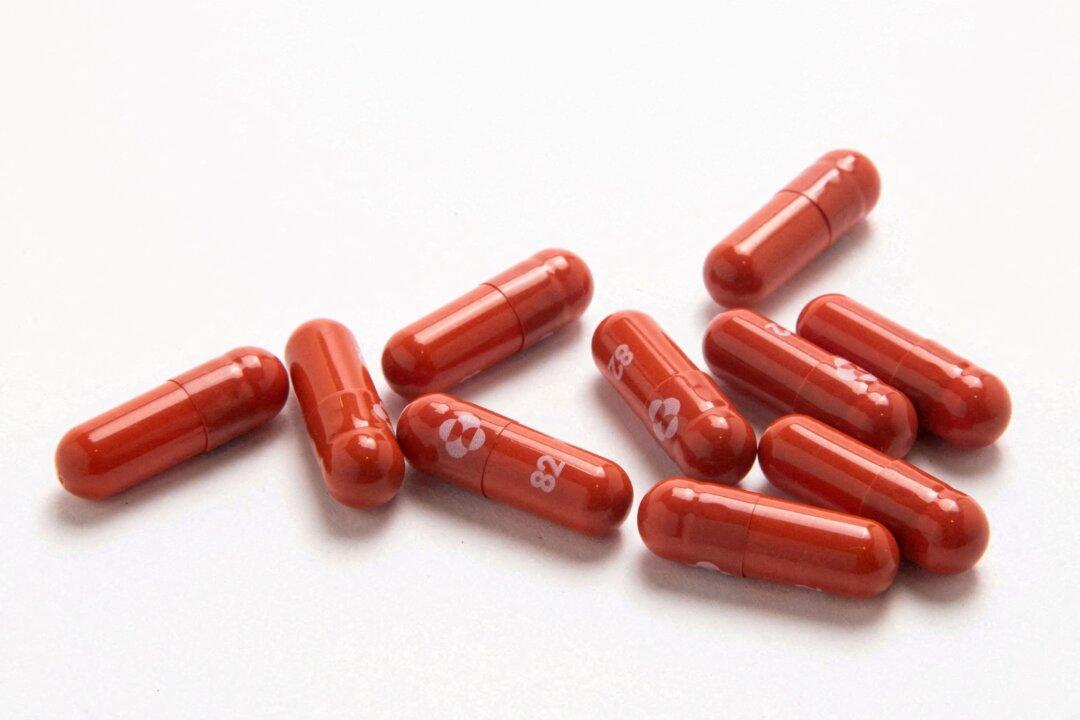Researchers have found that combining the antivirals remdesivir or molnupiravir with the experimental drug brequinar could be effective in treating the Chinese Communist Party (CCP) virus, which causes COVID-19.
The new drug combination was discovered by researchers at the University of Maryland School of Medicine (UMSOM) and the University of Pennsylvania Perelman School of Medicine.




